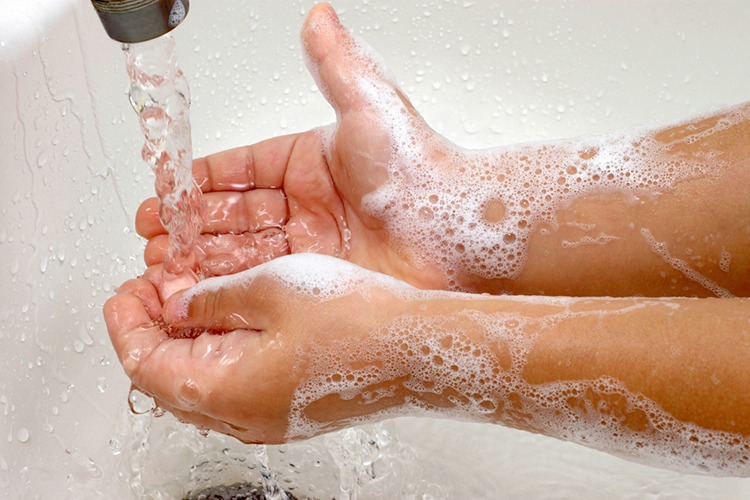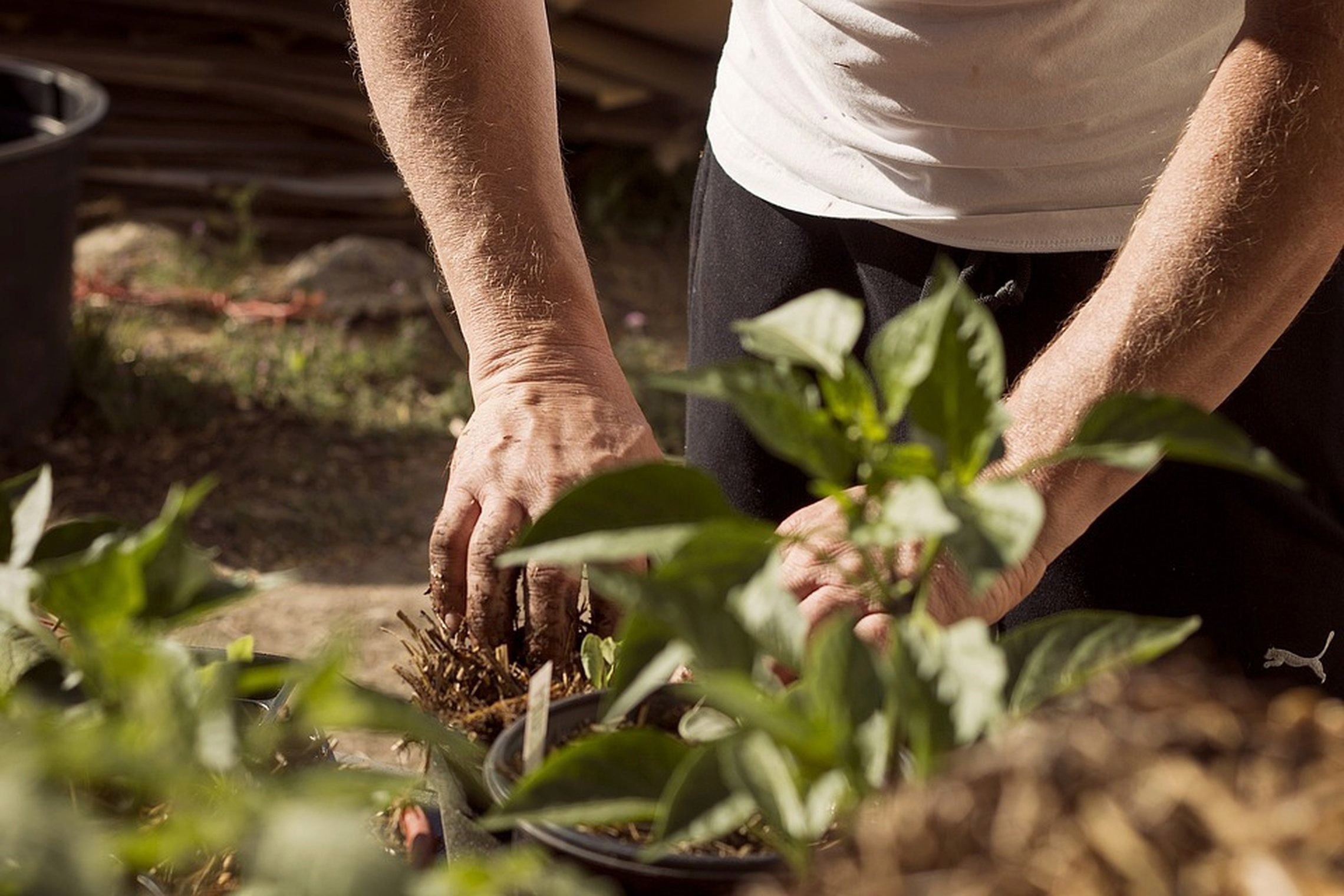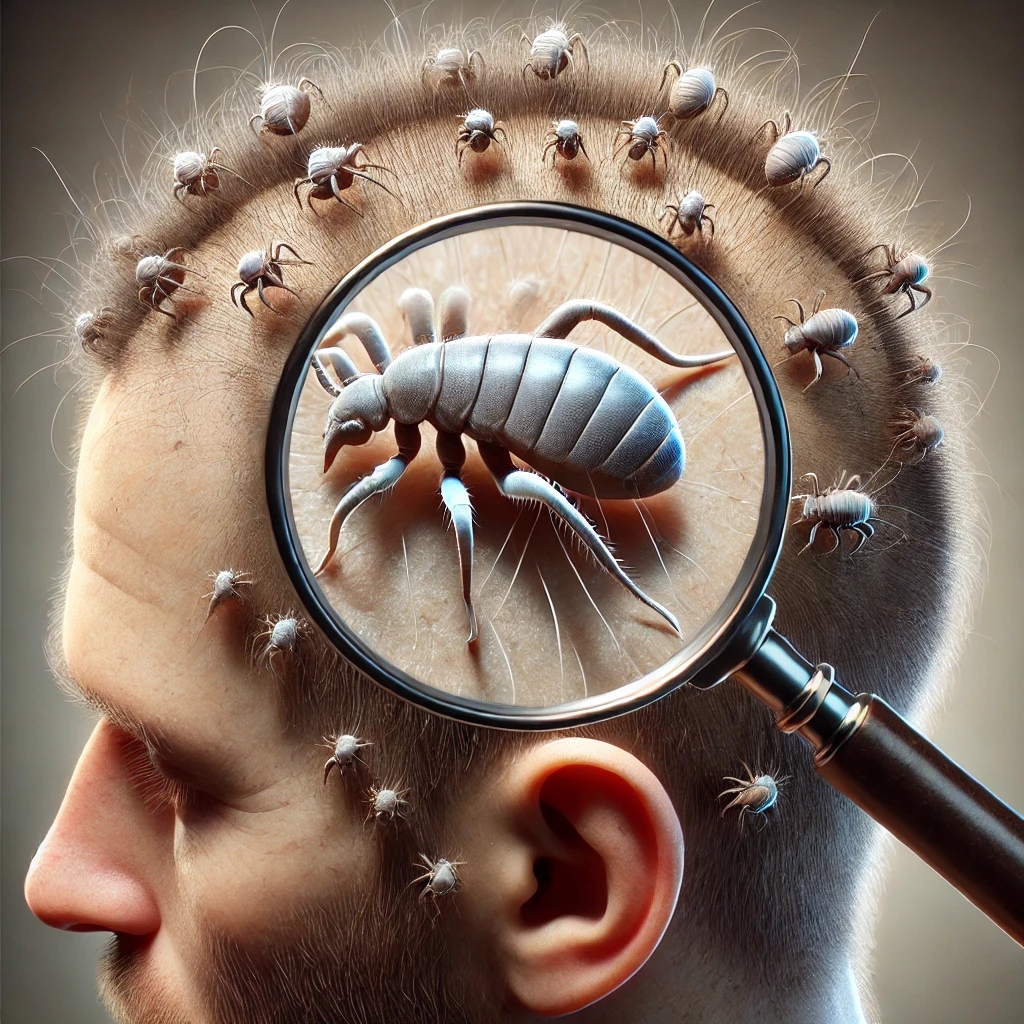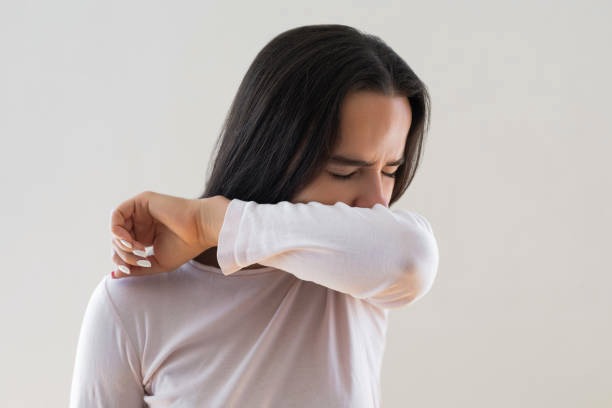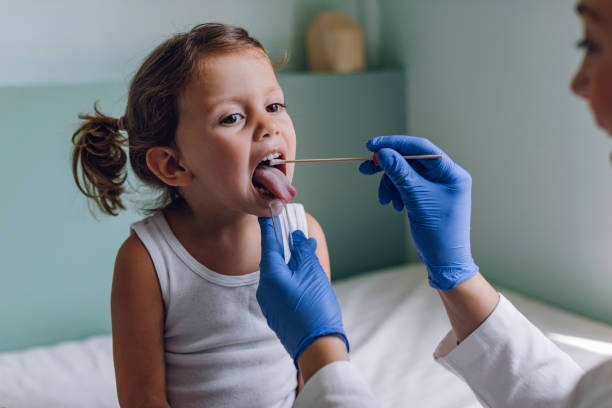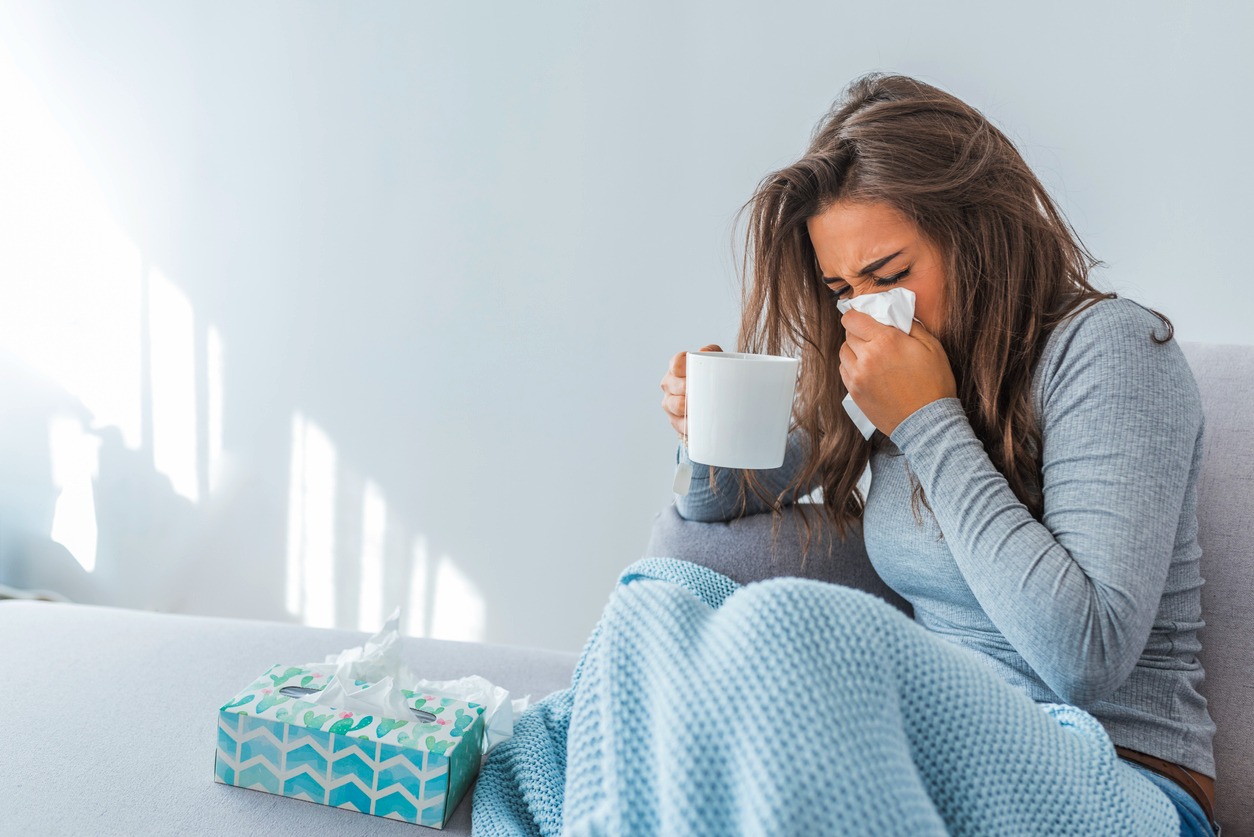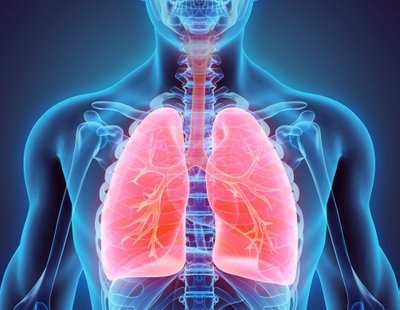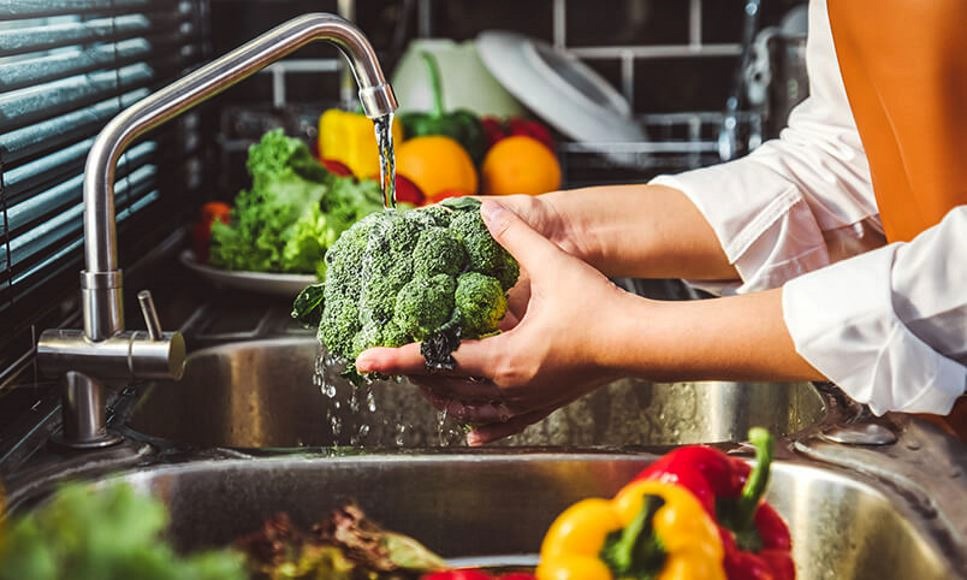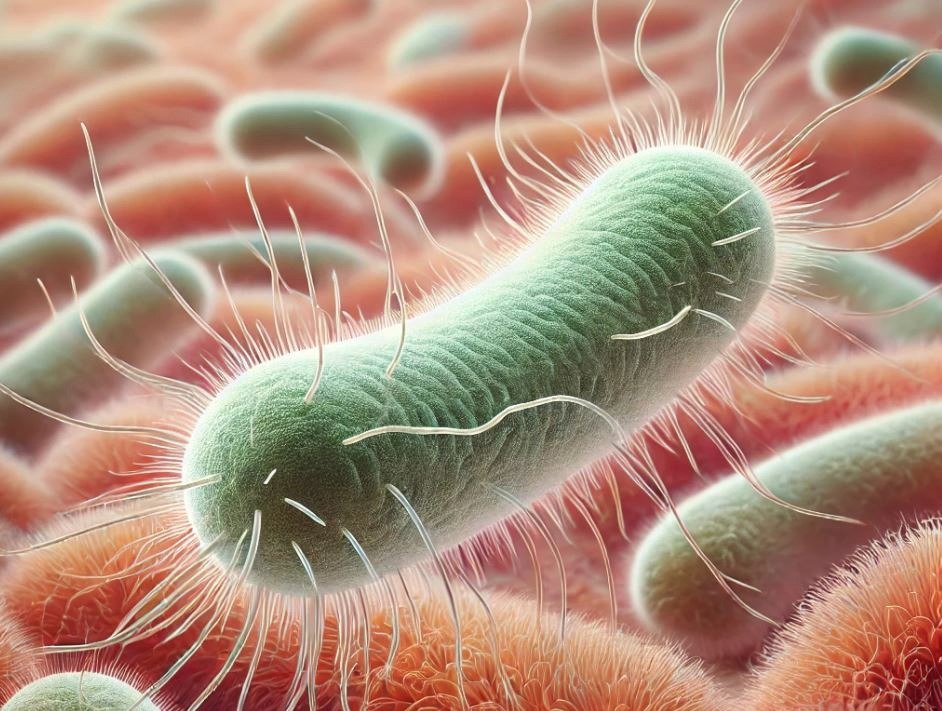
One of the most common bacterial intestinal infections is salmonellosis. The number of people suffering from salmonellosis increases especially during the warm season, as this is a very favorable time for bacteria to multiply. Salmonellosis outbreaks are most often registered in public catering establishments and childcare institutions.
Salmonellosis is an infectious disease caused by Salmonella bacteria. It is one of the most common foodborne infections that a person can contract by consuming contaminated food or water. These bacteria are most often found in insufficiently heat-treated poultry, raw eggs, unpasteurized dairy products, and can also be transmitted through contaminated surfaces or unclean hands.
Symptoms:
Symptoms of salmonellosis usually appear 6 to 72 hours after infection and may include:
- Diarrhea;
- Fever;
- Abdominal pain;
- Nausea and vomiting;
- Chills;
- Headache;
- Weakness and fatigue.
Symptoms usually last from a few days up to a week. In most cases, the illness resolves without special treatment, but in more severe cases, especially in infants, elderly people, and those with weakened immune systems, hospitalization may be required due to dehydration or complications.
Prevention of salmonellosis:
1. Hygiene: Wash your hands before eating, before preparing food, after contact with animals or their excrements, and after using the toilet.
2. Food handling: Properly process poultry, eggs, and other products that may be contaminated. Protect food from cross-contamination (when raw meat comes into contact with ready-to-eat food). In the refrigerator, safely separate ready-to-eat food from raw meat, vegetables, and eggs. Always wash chicken and other meats before cooking. Do not taste or eat raw meat or minced meat.
3. Water cleanliness: Use only clean drinking water, especially when traveling to areas with poor hygiene conditions.
Salmonellosis is easily preventable, but it is very important to maintain proper food and personal hygiene to avoid infection.
If you lack sufficient knowledge on how to prevent salmonellosis and how to handle food safely, you can deepen your understanding by attending hygiene skills training. You will not only gain knowledge but also receive a certificate for completing the course.
If you have any questions, please contact us:
💌 Email: info@togilas.lt
📞 Mobile Phone: 8 6 14 12278
